Racing to the far end of the bell curve.

I’m only 67 as I write this, but I’m more and more finding myself the oldest person in the room. (I almost put the “only” in quotes, since of course perspectives on whether that’s “old” or not vary fairly dramatically. ![]() )
)
It’s pretty easy to rationalize this. After all, younger people are being created at a pretty decent clip every day, and, as harsh as it might sound to say it, older people are dropping at a similar (technically slightly slower) rate. It’s only logical, it’s only math, that I might be traveling to the far right of the curve.
And yet.


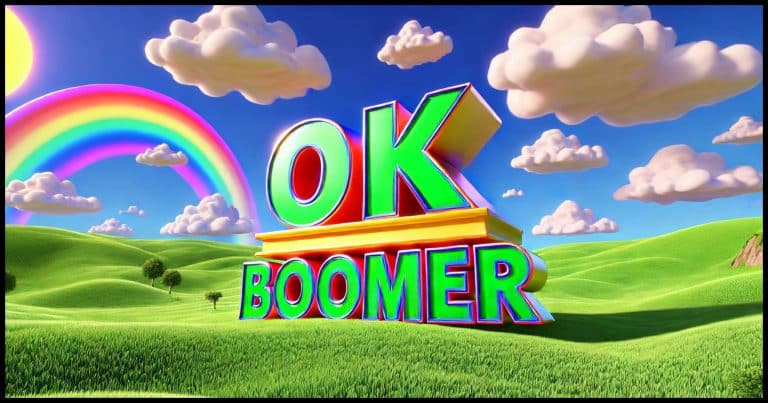

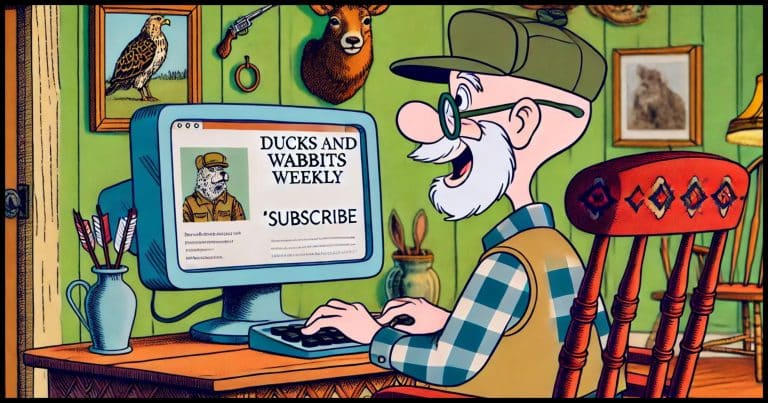



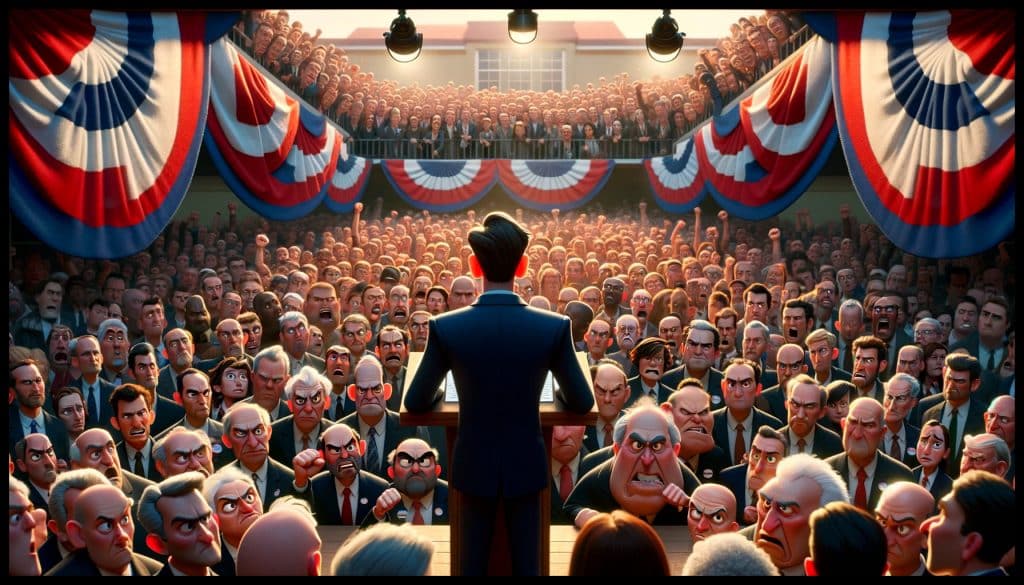
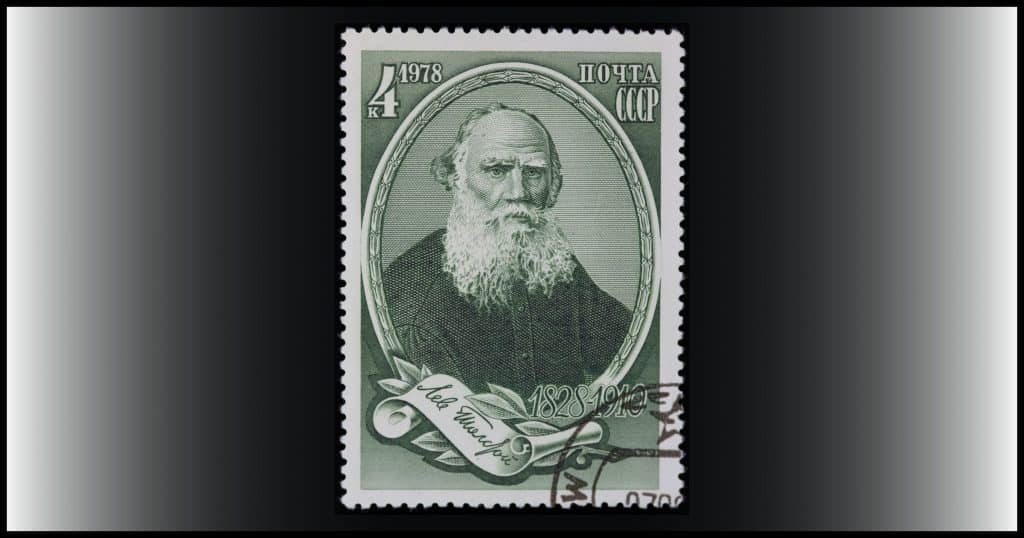


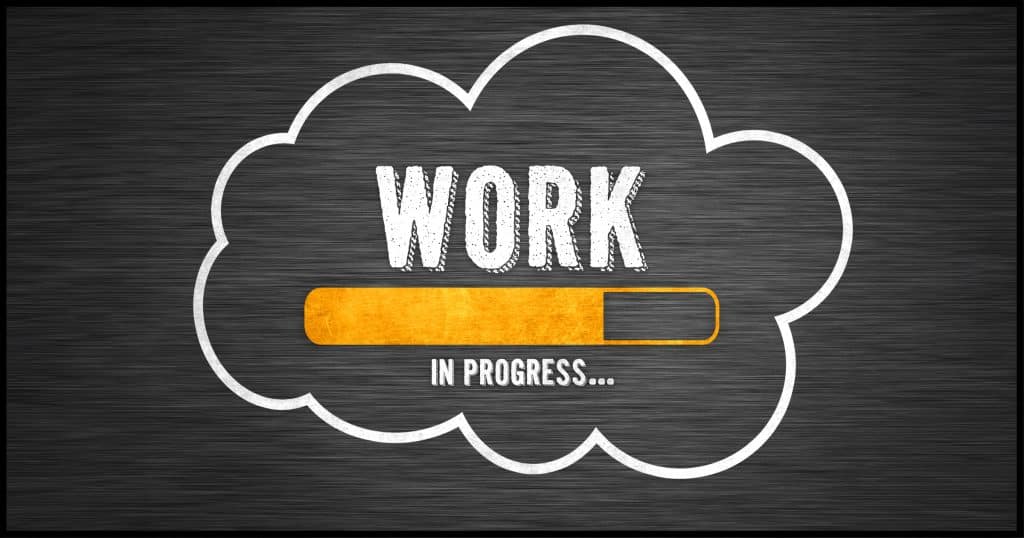

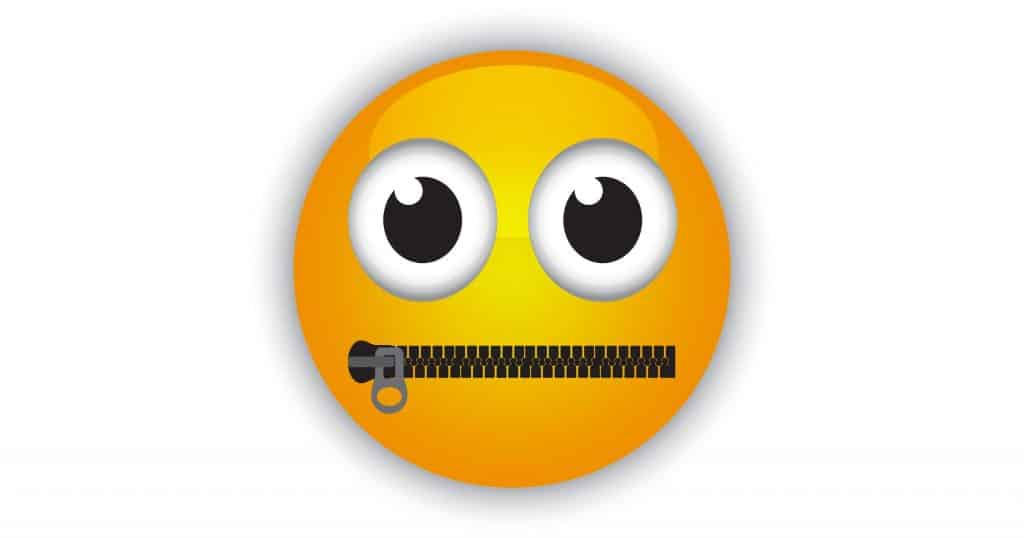





 )
)